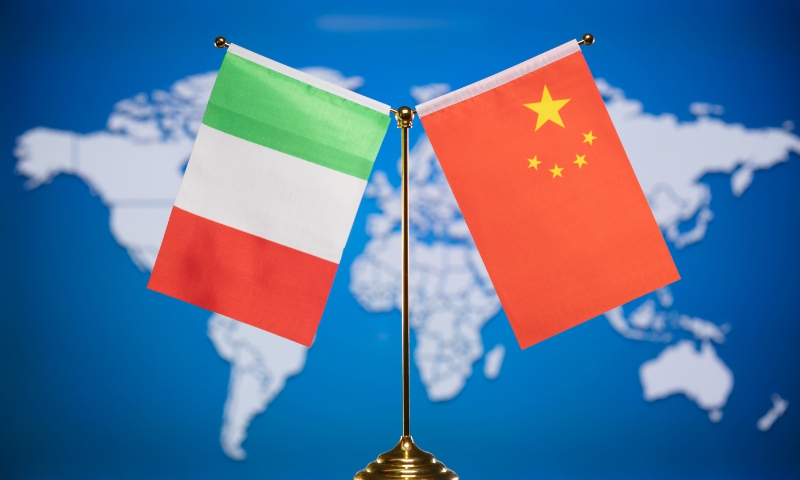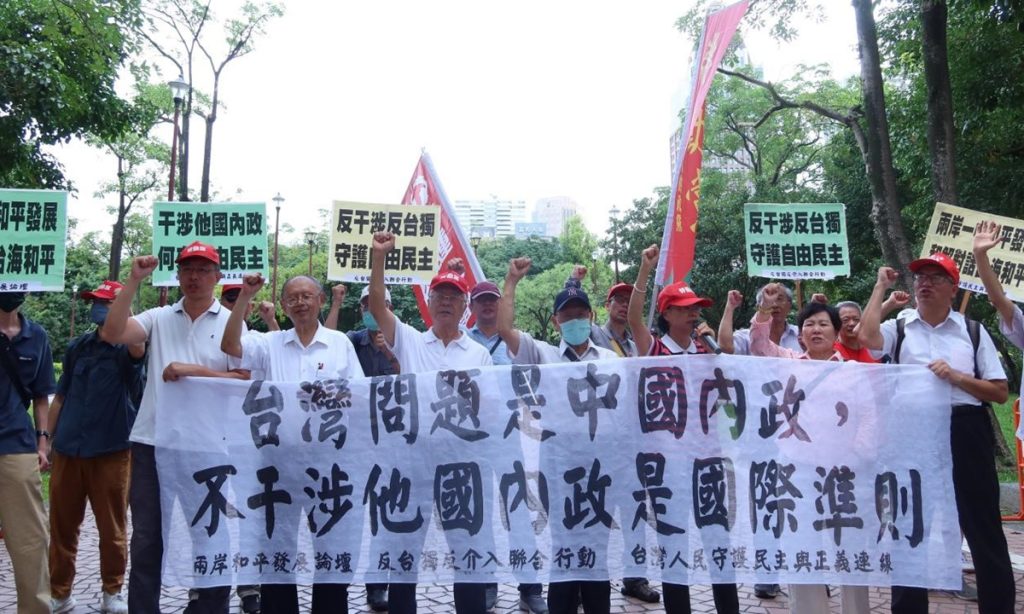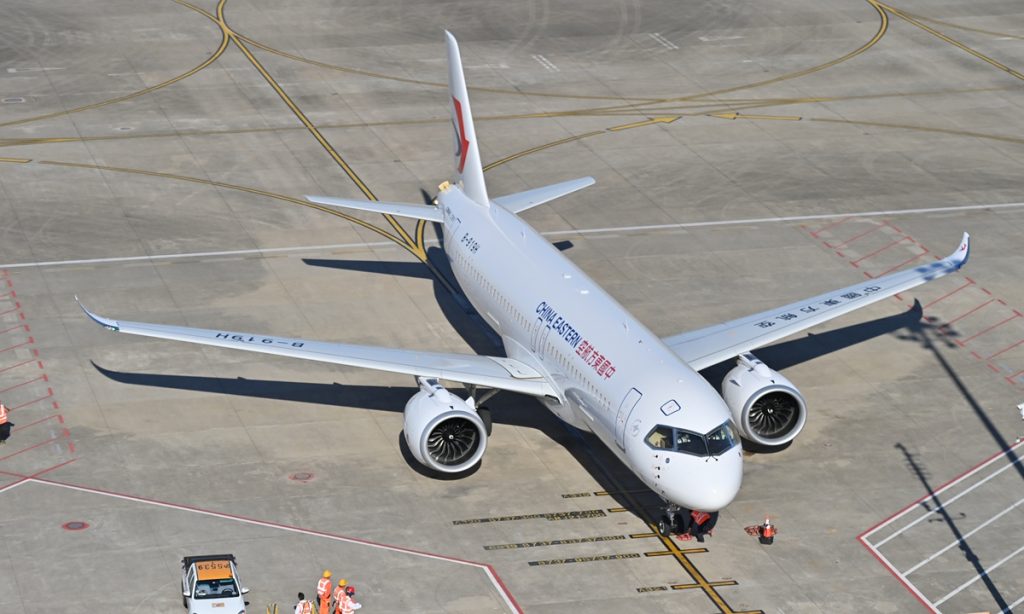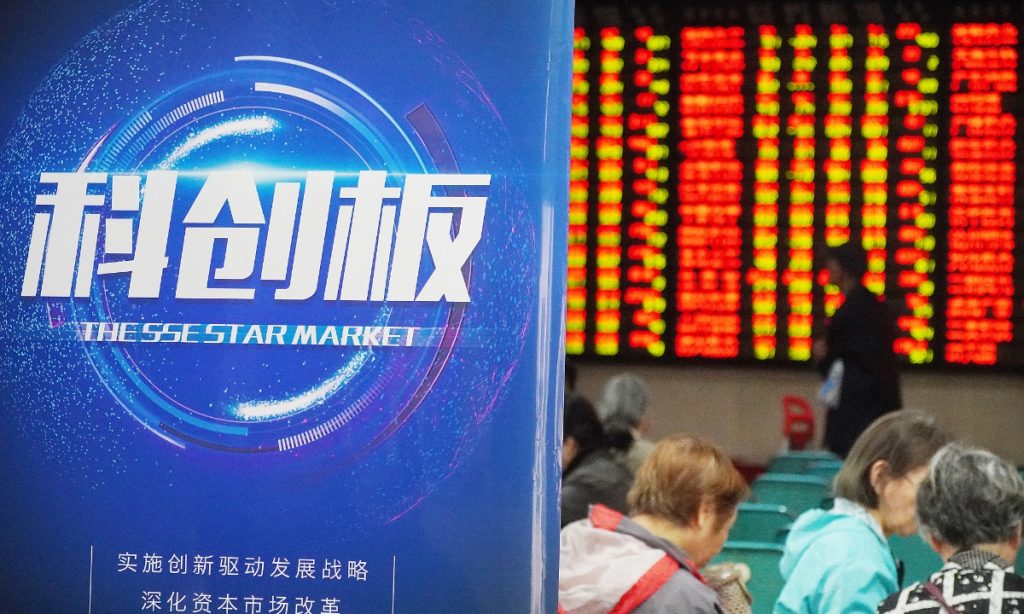GT Voice: US denial of Vietnam’s market economy shows protectionism

The refusal by the US to recognize Vietnam as a market economy appears to be both an economic decision and a political one, influenced by its domestic economic conditions and its strategy to counter China. Washington's increasing trend of politicizing its trade policy has become a source of growing uncertainty in the global economy.
The US Commerce Department announced on Friday its determination that Vietnam will continue to be classified as a non-market economy country for purposes of calculating US antidumping duties on imports from Vietnam, Reuters reported.
This decision brings uncertainty to Vietnam's exports to the US and sends a worrying signal, meaning that many of Vietnam's products may face the challenges of high import tariffs and anti-dumping measures. Vietnam's exports to the US have been increasing significantly. According to figures from Vietnam customs, in the first half of this year, Vietnam's exports to the US reached $55.1 billion, up 24 percent year-on-year and accounting for 30 percent of Vietnam's total exports.
The decision also contrasts sharply with recent efforts by the US government to strengthen economic relations with Vietnam. For instance, US Treasury Secretary Janet Yellen once promoted Vietnam as a "friend-shoring" destination.
But if the US truly considers Vietnam to be a crucial partner in its "friend-shoring" strategy, the irony and protectionism of rejecting Vietnam's "market economy" status becomes glaringly apparent. There is every reason to be perplexed by Washington's contradictory behavior of putting up obstacles behind its displays of support. According to the Vietnamese Ministry of Industry and Trade, 72 countries recognize Vietnam as a market economy, including Australia, UK, Canada and Japan, demonstrating its active participation and open cooperation in global trade.
Meanwhile, the US economy is grappling with various challenges, such as high trade deficits, a decline in manufacturing and other issues. The US rejection of Vietnam's bid is a clear indication that the US is more inclined to take protectionist measures to protect its domestic industries and reduce the impact of external competition when it comes to dealing with economic challenges.
Therefore, in the current economic situation, the US is unlikely to pursue an open trade policy as it did in the past. Washington may opt to leverage its market dominance to reshape the global distribution of industrial and supply chains, and consolidate its economic position and influence by putting up trade barriers, adjusting tariff policies and other means.
Washington's decision-making in terms of trade policy toward Vietnam is often deeply influenced by political motives and strategic considerations. Some US politicians are concerned that recognizing Vietnam's market economy status may indirectly help Chinese companies circumvent US curbs on Chinese imports. The mind-set reflects the increasingly politicized reality of US trade policy.
The US has been trying to squeeze out Chinese manufacturing by restructuring global industrial and supply chains, forcing many American and foreign companies focusing on exports to the US market to shift production to Southeast Asia, with Vietnam being seen as a key alternative. However, the reality is that instead of being squeezed out of the global industrial chain, China's manufacturing sector is constantly expanding and extending its supply chains to other regions like Vietnam and Mexico. The gap between expectations and reality indicates that it is not so easy as some thought to reshape the economic and trade landscape simply by using politically motivated policies.
This may explain why it is becoming more common to see Vietnam, Mexico and other countries face growing risks of being affected by US trade measures.
If anything, it lays bare the short-sightedness and contradictions in US strategy and the politicization of its trade policy. The growing trend of relying on politicized trade measures disrupts international trade and exacerbates uncertainty and tension in the global economy.






